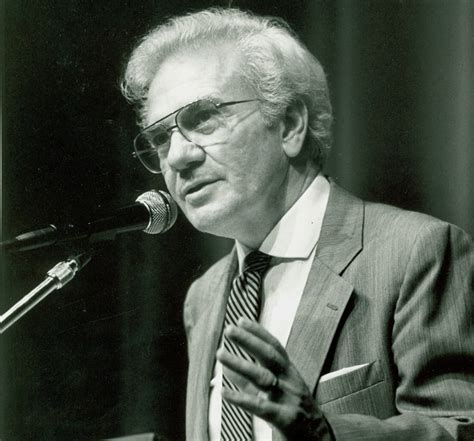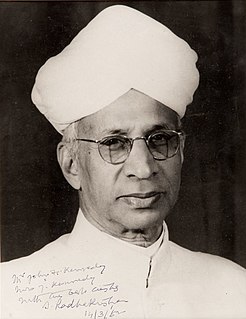A Quote by Roger Scruton
The culture of a civilization is the art and literature through which it rises to consciousness of itself and defines its vision of the world.
Quote Topics
Related Quotes
Art is humanity's most essential, most universal language. It is not a frill, but a necessary part of communication. The quality of civilization can be measured through its music, dance, drama, architecture, visual art and literature. We must give our children knowledge and understanding of civilization's most profound works.
There was this famous clash of civilization thesis from Samuel Huntington, a political theorist. And the idea was that Western civilization is at war with Islam and maybe some of the other civilizations around the world. And I don't agree with that. But I do think there is such a thing as Western civilization. I think it starts with the Greeks and the Romans. Then it goes through the Enlightenment - or the Reformation, the Enlightenment. It goes through the scientific age. And it somewhat defines some of the cultures and mores of Europe and North America and some other countries.
A people may become great through many means, but there is only one measure by which its greatness is recognized and acknowledged. The final measure of the greatness of all peoples is the amount and standard of the literature and art they have produced.... No people that has produced great literature and art has ever been looked upon by the world as distinctly inferior.
The self (Soul) is the constant-witness consciousness. Through all months, seasons and years, through all divisions of time, the past, present and future the consciousness remains one and self luminous. It neither rises nor sets. The ultimate self is free from sin, free from old age, free from death and grief, free from hunger and thirst, which desires nothing and imagines nothing.
Whether it's a pebble in a riverbed or a soaring mountain peak, I see everything in the world as the handiwork of the Lord. When I paint, I try to represent the beauty of God's creation in my art. Many modern painters see the world as a jumble of random lines and shapes with no divine beauty or order, and their works reflect their viewpoint. Because I see God's peacefulness, serenity, and contentment, I work to capture those feelings on the canvas. My vision of God defines my vision of the world.
All thought of something is at the same time self-consciousness [...] At the root of all our experiences and all our reflections, we find [...] a being which immediately recognises itself, [...] and which knows its own existence, not by observation and as a given fact, nor by inference from any idea of itself, but through direct contact with that existence. Self-consciousness is the very being of mind in action.
A work of (whatever) art can be either 'received' or 'used'. ...'Using' is inferior to 'reception' because art, if used rather than received, merely facilitates, brightens, relieves or palliates our life, and does not add to it ... When the art in question is literature a complication arises, for to 'receive' significant words is always, in one sense, to 'use' them, to go through and beyond them to an imagined something which is not itself verbal.







































